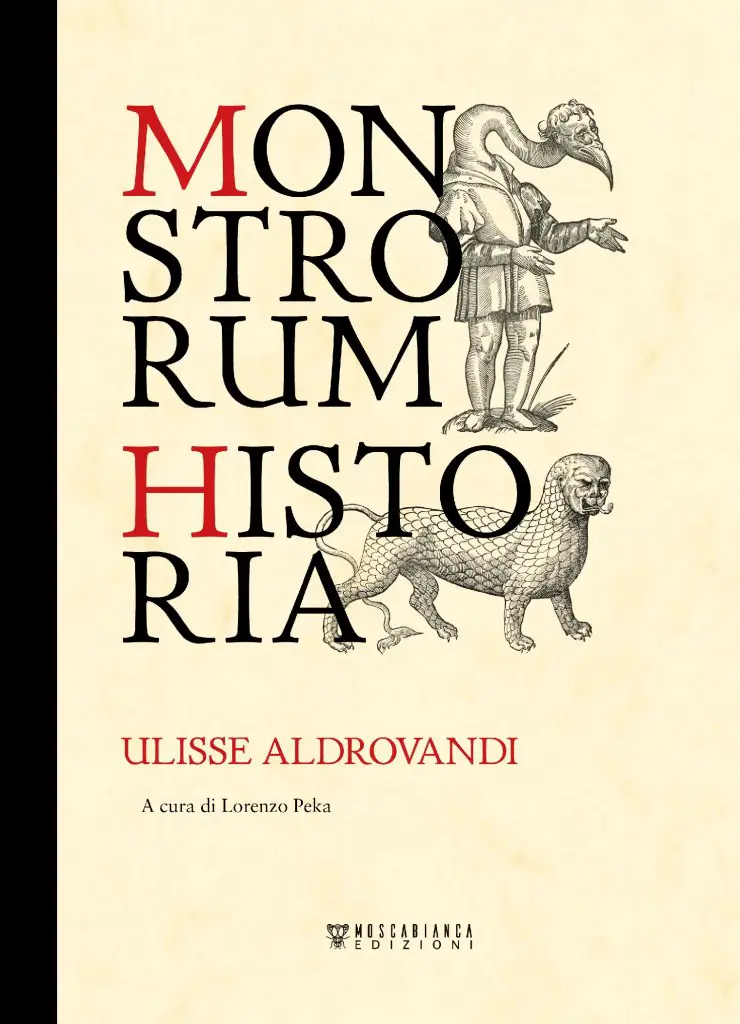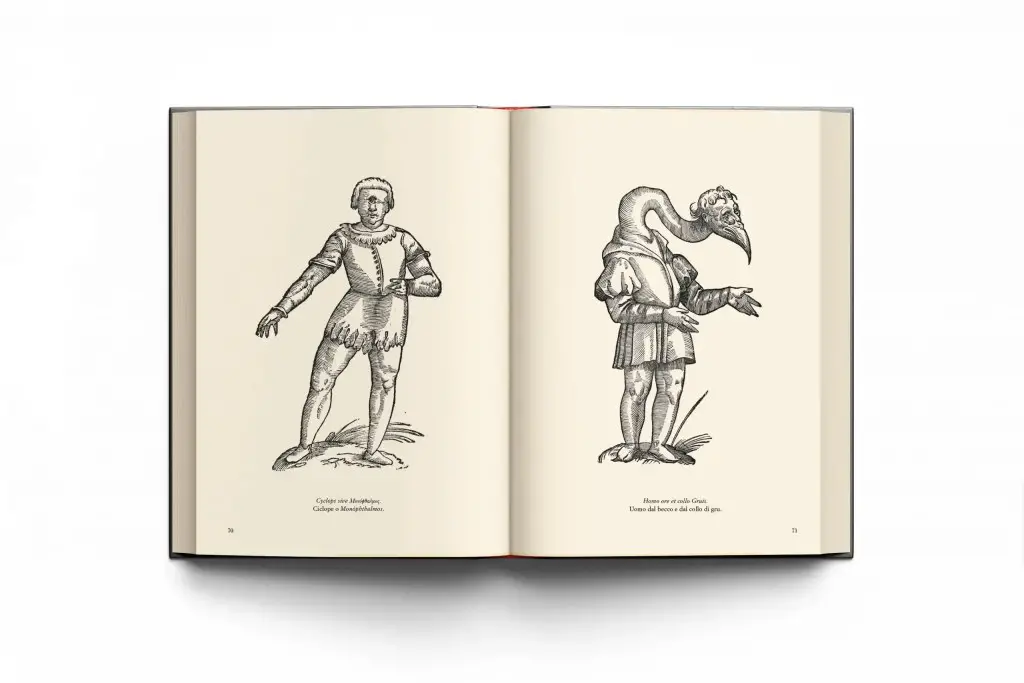Wednesday 9 March we will have the pleasure of having guests on the our YouTube channel Lorenzo Peka, curator of the new edition published by Moscabianca Editions of the "Monstrorum Historia”By Ulisse Aldrovandi, a seventeenth-century universal treatise on the“ monsters and wonders of nature ”. Live video starting at 21:00.
LIVE STREAMING:
ABSTRACT:
Coming to light for the first time in 1642, the Monstrorum Historia it is perhaps the most surprising work of Ulisse Aldrovandi: a universal treatise on the monsters and wonders of nature. After an extensive introduction on the human being and his curiosities, an in-depth investigation opens on the concept of monster, on the variety of monstrous creatures and on the natural and unnatural causes of their origins. A vast review of individual monsters follows, depicted in detailed woodcuts: from mythological creatures to incredible cases of malformations, passing through every type of hybrid and aberration. All told with expository rigor but also with frequent references to the supernatural and demonology typical of the time. Almost four hundred years after its first publication, today an agile modern edition is proposed, with a wide selection of faithfully translated chapters, enriched by over one hundred illustrations taken from the original volume.

PROMOTIONAL VIDEO:
PREVIEWS OF THE BOOK:



Ulysses ALDROVANDI:
Ulisse Aldrovandi was an Italian naturalist, botanist and entomologist, creator of one of the first museums of natural history, a scholar of the diversity of the living world, an explorer who, in the last decades of the sixteenth century and up to the early seventeenth century, established himself as one of the greatest figures of science, as well as a guide and reference for contemporary Italian naturalists. His impressive naturalistic collections are largely gathered in the Aldrovandiano Museum kept at the University of Bologna, in Palazzo Poggi.
